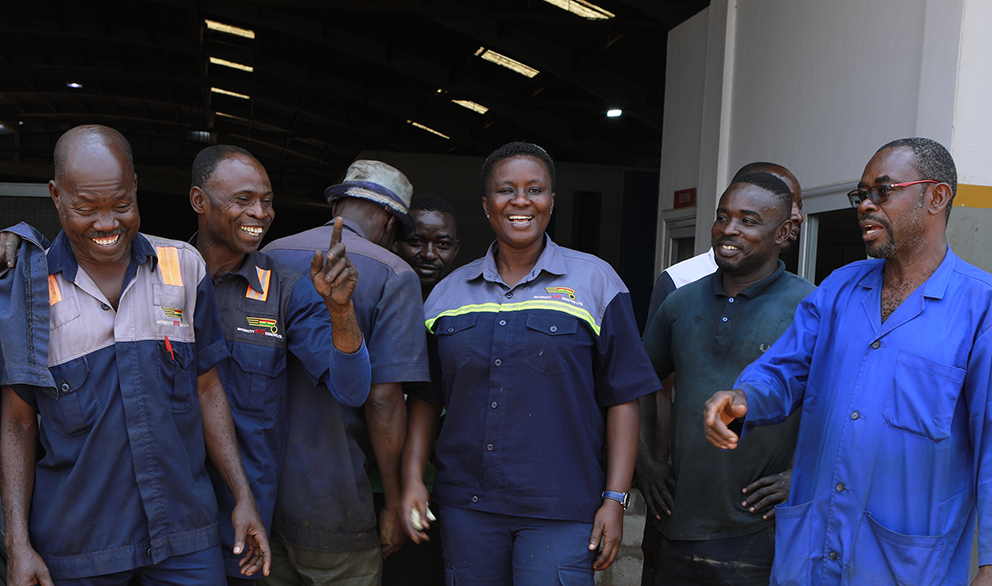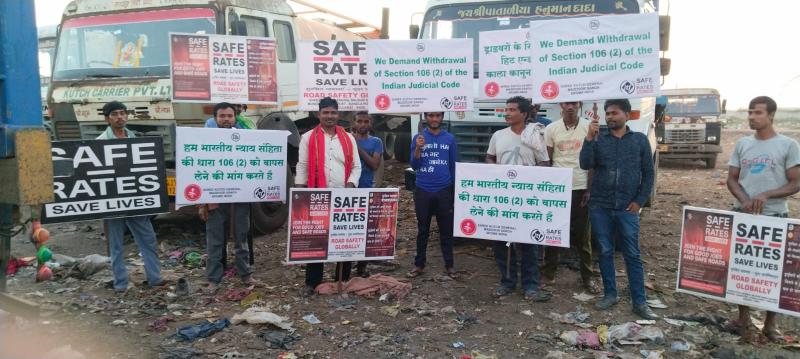In 2019, the first ever international standard on violence and harassment in the world of work was adopted at the International Labour Organization (ILO).
The International Labour Organization’s Convention No.190 (C190) is an historic convention which recognises the impact of violence and harassment on gender equality.
The convention defines what violence and harassment means - including gender-based violence and harassment – and recognises they are not two separate issues.
C190 identifies the right of everyone to a world of work free from violence and harassment and covers all workers regardless of their contractual status, including interns, volunteers and job seekers along with employees. It applies to all sectors, whether private or public, the formal and informal economy.
It also expands the scope of the workplace. It includes the physical workplace, but it also covers online spaces, travel to and from work, places where workers eat, rest, or attend to health and sanitation needs, public spaces, and social gatherings.
And C190 requires action to mitigate the impact of domestic violence at work.
Transport is identified as one of the sectors more exposed to violence and harassment.







